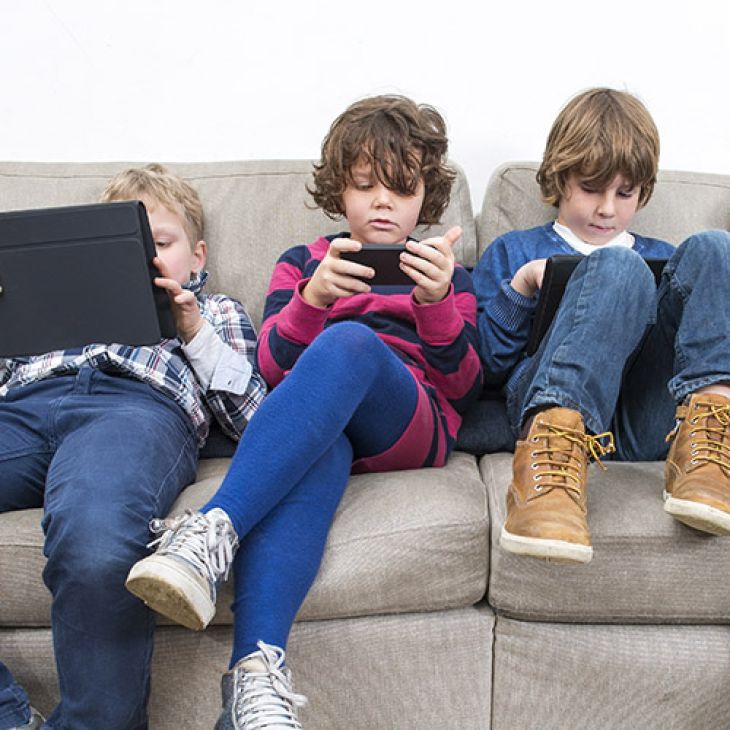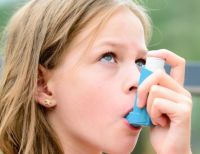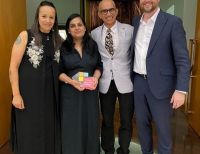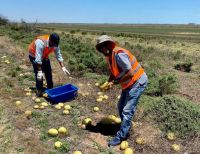07 December 2022
 Researchers are calling for a National Physical Activity Plan to encourage greater levels of physical activity among Australian children following dismal results in the 2022 Active Healthy Kids Australia (AHKA) Report Card. The report card is part of a global initiative involving more than 50 countries, which report on the physical activity levels of children every two years.
Researchers are calling for a National Physical Activity Plan to encourage greater levels of physical activity among Australian children following dismal results in the 2022 Active Healthy Kids Australia (AHKA) Report Card. The report card is part of a global initiative involving more than 50 countries, which report on the physical activity levels of children every two years.
In a new review, conducted by a group of universities* including the University of South Australia, researchers advise that the ongoing poor performance of children’s physical fitness is a clear sign that more must be done.
Of particular concern were the D- grades for children’s overall physical activity and screen time, which showed that 80 per cent of Australian children (aged 0-18 years) were not meeting national guidelines for physical activity. Additionally, 80 per cent of children were exceeding the two-hour guidelines for daily screen time.
The AHKA results indicate that Australian children are below international norms when it comes to physical activity.
UniSA researcher Dr Verity Booth says the longstanding underperformance of children’s lack of physical activity needs to be addressed.
“When we think of Australian kids, we often picture active, healthy children. Yet the reality is far from this ideal. Instead, most Aussie kids are spending their time glued to screens and getting nowhere near enough physical activity,” Dr Booth says.
“The lack of physical activity is not something new either. Since the inception of the AHKA Report Card in 2014, the data have consistently shown Australian children and youth to be inactive.
“Physical activity is vital for children’s health, development and learning. But despite national guidelines on the amount of physical activity children need, four out of five children are not getting enough movement and exercise into their day.”
UniSA’s Professor Tim Olds says that a national physical activity plan should involve multiple partners from different sectors.
“Researchers agree that an important part of a national physical activity plan should be a national monitoring system, allowing governments to assess the success of various initiatives,” Prof Olds says.
“A national plan should also involve all sectors of government: transportation to encourage walking and cycling to school, urban planning to provide adequate green spaces and recreation facilities, education to encourage specialist PE teachers. There is also a role for the private sector.”
Notes for editors:
*The research team involved: Deakin University, UniSA, University of Tasmania, University of Queensland, University of Sydney, Curtin University, University of North Dakota, University of Newcastle.
The AHKA Report Card and international comparisons are available here: https://aspactivity.org/resources/ahka-report-cards/
…………………………………………………………………………………………………………………………
Contacts for interview:
Dr Verity Booth E: [email protected]
Prof Tim Olds E: [email protected]
Media contact: Annabel Mansfield M:+61 479 182 489 E: [email protected]







